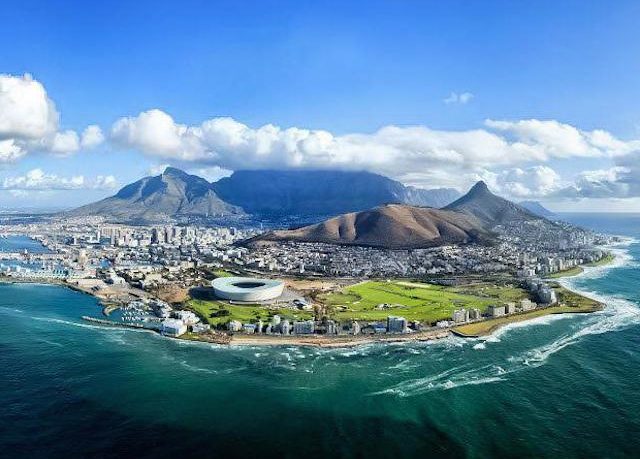- The dispute between the Cape Town City Council and Quality Filtration Systems (QFS) regarding the Waterfront desalination plant comes down to raw sewerage prevalent in Cape Town sea water.
- The City has failed to acknowledge or accept its legal responsibilities as the Water Services Authorities and to comply with the relevant regulations.
- Had the City advised of the poor state of the sea water and the extraordinary levels of contamination of which it was aware, the plant tendered would have been designed to deal with the quality of the inflow water and Quality Filtration Systems (QFS) would not be faced with the current standoff.
last month Quality Filtration Systems (QFS) announced that they will sue the City of Cape Town for breach of contract over the V&A Waterfront desalination plant. According to MD, Herman Smit, QFS was contracted in January 2018 to provide one of three desalination plants to provide fresh drinking water via a reverse osmosis sea water desalination plant. These desalination plants were developed in the city’s bid to beat Day Zero.
“QFS won a tender with the City of Cape Town and funded the installation of the Waterfront desalination plant in the Waterfront. “We are suing the COCT since they are in breach of contract and have not made payments required within the contract. The original contract was valued at R53 million, only R1.7 million has been paid so far and we are owed over R20 million to date.
After an eight month wrangle, Quality Filtration Systems (QFS), the company commissioned to install the V&A Waterfront desalination plant as part of Day Zero emergency measures, have uncovered what they believe to be the real reasons why the City of Cape Town is fighting the contractual settlement with QFS.
“Our tender to provide one of three desalinations plants in Cape Town was submitted based on the water quality supplied by the City, however on testing the water in early 2018, we highlighted the problems with raw feed water studies numerous times. Before the tender documents were issued, both the City management as well as the consulting engineer were also informed about the raw water contamination by UWC,” said Herman Smit, MD of QFS.
“As far as we are aware, neither the City or IX engineers as the consulting engineers, did any water characterisation of the raw sea water, and denied there was anything wrong with the quality of the input water during the contract process, or once the desalination plant had been commissioned,” added Smit.
“As a local SME, who came forward during Day Zero to assist with the water crisis we feel taken advantage of by the City who is using it’s financial and legal power to silence us to hide the gross mismanagement of the desalination projects.”
QFS will continue with the legal process and sue the City for the contractual amount as well as damages incurred during the 13 months of dispute.
The City has failed to acknowledge or accept its legal responsibilities as the Water Services Authorities and to comply with the relevant regulations.
“I believe that the City was aware of untreated sewage in the sea around Cape Town and are now avoiding responsibility and trying to lay the blame at QFS’s door,” he added.
Smit said had the City advised of the poor state of the sea water and the extraordinary levels of contamination of which it was aware, the plant tendered would have been designed to deal with the quality of the inflow water and the company would not be faced with this stand-off now.
“We cannot understand the City’s position: not acknowledging the water quality and working with service providers to solve the problem; keeping their side of the contract agreement and paying QFS what is owed; being unwilling to come to the table to work out a solution; trying to avoid mediation to solve the stand-off; taking unreasonable measures to prevent the release of the mediation report; and claiming confidentiality when information is required”. Smit added
Author: Bryan Groenendaal















